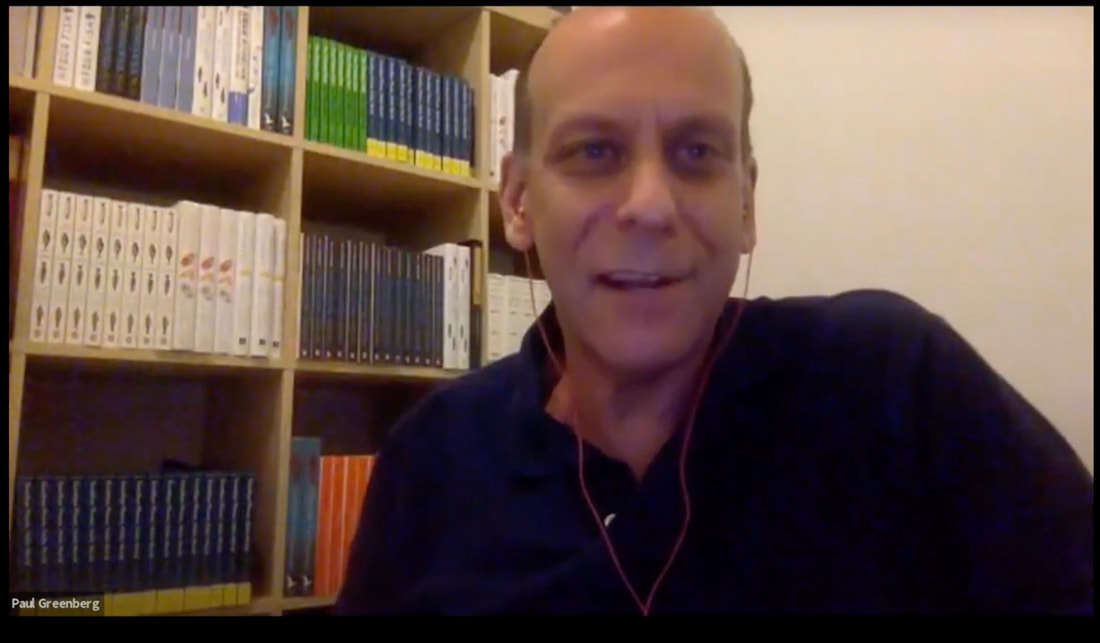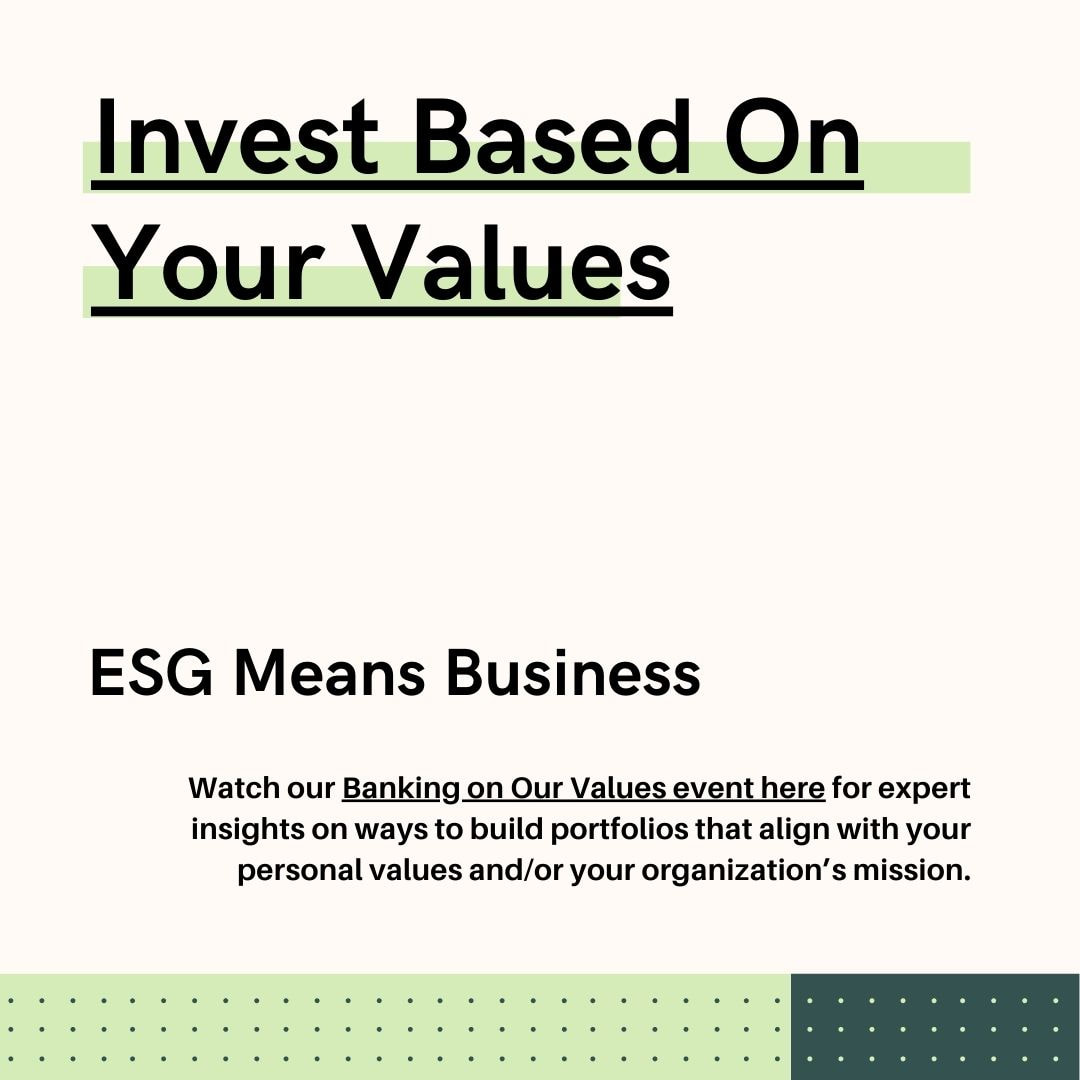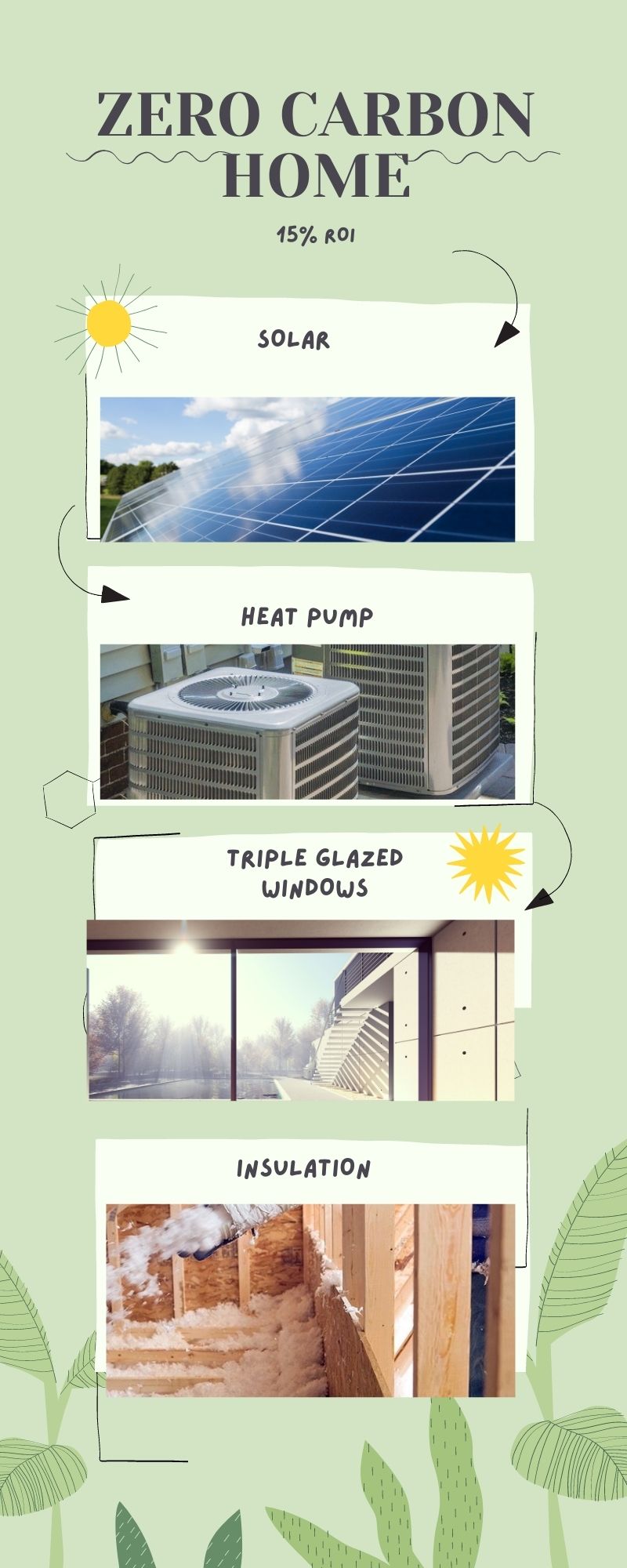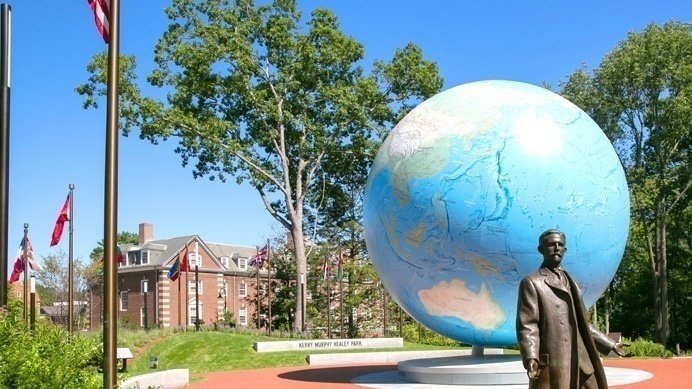|
If you missed the Sustainable Wellesley/Wellesley Books discussion with author Paul Greenberg about his inspiring, accessible book, the Climate Diet last week, you can watch it here.
What a treat for our group to hear directly from the author! "Naked food" and "shipped vs. flown" were just a few of the inspirational stories he shared on ways we can address our own household carbon footprints. As Paul says, "everyone can and should do something," and this book offers a wide array of things you can do. He calls this book a "peace offering," for adults and teens/millennials that shares ideas that are not only good for the planet, but good for your health and wallet too. Take some time to read The Climate Diet this summer. Its short, informative and available at the library and the local book store! Then share the book; we all have something to learn. An energy efficient building code that still allows the combustion of fossil fuels is not helping Massachusetts achieve its goal of Net Zero greenhouse gas emissions by 2050.
Because of the state’s Net Zero goals outlined in Gov. Baker’s Clean Energy Climate Plan, new homes will have to either be built to Net Zero now or be retrofitted later. It is less expensive to both the state and owners to build Net Zero buildings now than to retrofit buildings down the line. But cities and towns are prohibited from exceeding the state’s “stretch” code (a building code that requires higher energy efficiency standards for new buildings than the base code) even while many developers are already building to Net Zero standards at little to no a to no additional cost (ReadyforNetZero_03.01.21.pdf). That’s why Massachusetts needs a new “Net Zero” stretch code that includes the use of renewable energy instead of gas or oil. To keep the pressure up to guarantee that the Net Zero stretch code developed by the Department of Energy Resources is truly Net Zero, please consider: 1) Writing to the Board of Building Regulations and Standards ([email protected]) to let them know that a true Net Zero stretch code means building safe and healthy housing, affordable to heat and cool, and effective in mitigating climate change. A true Net Zero stretch code transforms our buildings from a major source of emissions to being part of the climate solution. 2) Share the news on your favorite social media and include any and all of the following hashtags: #NetZeroForAll, #NetZeroNow, #ProtectOurAir, #ElectrifyEverything, #AllElectric, #PassOnGas, #GasFreeHomes, #CleanEnergy, #AirPollution· Need inspiration? Harvard Study estimates burning fossil fuels for buildings costs Massachusetts $8.4 billion in annual health impacts An interactive map shows health impact of building emissions by state Thanks! Last week after the Massachusetts Legislature put its climate bill on the Governor’s desk for the second time, Governor Baker signed it into law. This sweeping and historic statute is the first piece of climate legislation passed in Massachusetts in over a decade, creating the foundation for bold and robust statewide climate policy for years to come.
Specifically, the Roadmap Bill strengthens Massachusetts’s emissions reduction targets to establish a 50% reduction by 2030, a 75% reduction by 2040 and a goal of Net Zero greenhouse gas emissions by 2050. Having targets like these will hold the Commonwealth accountable to reduce emissions in our energy, transportation and building sectors. To make these goals, the act stipulates the development of a Net Zero Energy stretch building code, which it empowers communities to adopt by 2022. It also mandates energy efficiency standards for appliances by 2025, and authorizes another 2,400 megawatts of offshore wind power. It also provides protections for Environmental Justice communities. What does this mean for Wellesley? Later this month, Wellesley’s Sustainable Energy Committee (SEC) will be updating the Town’s greenhouse gas (GHG) emission reduction goals and bringing them to the Annual Town Meeting (ATM) 2021. These goals, contained in Article 24, call for reductions in town-wide GHG emissions of 50% below Wellesley’s 2007 baseline by 2030, 75% below Wellesley’s 2007 baseline by 2040, and net zero town-wide GHG emissions by 2050. These science-based goals follow State policy, are in line with The United Nations Intergovernmental Panel on Climate Change, support Wellesley’s Unified Plan, and echo similar climate actions taken by an increasing number of Wellesley’s peer communities across the Commonwealth. Residents are encouraged to contact their Town Meeting Members letting them know they support these emissions reductions goals for our community. ESG Portfolios are Performing Well Enabling Fossil Free Investing
If you missed Sustainable Wellesley’s Banking on Our Values event you can watch it here and read on for expert insights on ways to build portfolios that align with your personal values and/or your organization’s mission. How do I get started? Consider an Environmental, Social and Governance (ESG) investment strategy. ESG refers to the three central factors in measuring the sustainability and societal impact of an investment in a company or business. These criteria are a gauge for determining the future financial performance of companies. As the financial industry embraces sustainable investing, there are hundreds of ESG index and mutual funds to choose from, including those with lower fee ratios. Finding good ESG scores is easier than ever by looking on Morningstar, Bloomberg and a corporation’s website. Most investment management firms also offer tailored guidance for institutional investors and private wealth clients. It is possible to replicate any sort of investment model with ESG flavors, at every asset point, risk level and investment amount. In fact, ESG’s did better over the last year during COVID-19 due to awareness around climate and social factors. Become an educated investment consumer Do your own research or ask if you are invested in fossil fuels via your savings or a portion of your paycheck. What is your next step?
We are grateful to our panelists Sumeit Aggarwal, Co-Founder and Managing Partner of Finhive, Glenn Migliozzi, Lecturer in the Finance Division at Babson College, and Heidi Vanni, Chief Client Officer at Boston Trust Walden, for their time and insights. This event would not have been possible without the impressive student event organizers Jacob Landau (WHS) and Jacob Nichols (Babson). Let’s keep this discussion going. We received a lot of positive feedback on David Green’s Zero Carbon Home presentation which you can watch here. He used clear language - although we detected an accent (jk) - to inspire and entertain us.
His story is like many of ours. David decided he wanted to cut his carbon footprint. He had no idea how to do it. He looked for books on the topic, but nothing was that clear so he figured out how to do it himself and is now sharing that information with us. Good news is that he lives in Dover so there is no tropical magic happening. What did happen is that he:
Check out his website for all of the insider tips. Thank you David! These gray winter months are a great time to consider ways to shape a more equitable and a greener community. Sustainable Wellesley recommends three engaging Zoom forums open to all residents.
The first, on Thursday, January 21, Sustainable Wellesley will host a webinar, Zero Carbon Home, from 7- 8 p.m. on Zoom. Sign up for this free event to learn how to lower heating bills and whittle household carbon footprints to zero from David Green, who achieved this goal and wrote about it in his book also entitled Zero Carbon Home. All participants will receive a free electronic version of the book for iPad or Kindle. “When I set out to cut my carbon footprint (I had no idea I could cut it to zero, let alone make money doing so) I found there was no guidebook,” Green writes. “So, I set about cutting our carbon footprint myself.” He is saving so much money on bills, in fact, that he is earning a 15% return on his investments. Register here. On Thursday, January 28, from 6-7.30 p.m., you are invited to learn about investing with an eye to climate and equity. Join Sustainable Wellesley for Banking on Our Values, a panel discussion with financial experts including Heidi Vanni, Chief Client Officer at Boston Trust Walden; Sumeit Aggarwal, Co-Founder and Managing Partner of Finhive; and Glenn Migliozzi, Lecturer in the Finance Division at Babson College. Personal and professional investors will learn from the conversation. Register for this free event here. On February 24 at 7:30 p.m., we encourage you to join Sustainable Wellesley for a Conversation with the Candidates via Zoom. Meet the candidates running for a variety of open Board seats in town and hear their thoughts on how sustainability should be woven into the fabric of those boards going forward. Send questions in advance to [email protected]. All three events are virtual, free and open to the public. Questions? Or for more information, please reach out to info@sustainablewellesley.com. A freshman at Babson College is working on revamping Babson's Climate Action and Sustainability Plan. She is looking for petition signatories to help gain momentum in the process.
The petition states: "Babson has been recognized as the #1 school for entrepreneurship for the past 20 years by U.S. News. As much of an accomplishment this is, it is evident that sustainability initiatives have not been at the forefront of operations within the College. As a school that embodies the principles of Entrepreneurial Thought & Action™, we must lead by example. Environmental sustainability must take priority in Babson’s teaching, research, operations, and facilities. Babson will be called upon to cultivate entrepreneurial and business-relevant scholarly work, build stronger, collaborative relationships with community stakeholders, and drive their own operations towards less waste and more efficient use of resources; they fulfill our mission as a top-tier college. Babson will need to assume greater responsibility at the local, regional, and global level. As a top private business school, Babson is uniquely positioned to have a meaningful impact in the field to create and implement groundbreaking solutions on an international stage. It has been recognized within and beyond the Babson community that the College is lagging behind many peer institutions in implementing sustainability practices and that the school lacks a comprehensive sustainability strategy. Unfortunately, the last Climate Action Plan was developed in 2011, and most of the benchmarks stated in this document have not been reached within the past decade. Please sign this petition to show your support throughout the development process of a new Sustainability Action Plan so we can take advantage of our institutional strengths and commitment to social innovation. You are encouraged to put a testimony as to why you are signing and why you find this cause important! If you have any questions or want to get involved in the process, please email [email protected]" Tuesday, December 8th, 7- 9:00 PM
Please join the Temple Beth Elohim Green Team in a presentation from Michael Appell. Michael Appell is an expert in Corporate Social Responsibility, Triple Bottom Line, Nonprofit Management and Impact Investing. He is the Assistant Director of the Heller MBA Program and is a lecturer at Brandeis Heller School. He will present a guided discussion and Q&A on the Triple Bottom Line. This is a management strategy to support sustainable practices to help decrease our carbon footprint and save the planet. Please RSVP to [email protected] by Thursday, December 3. About TBE Green Climate Action/TBE Green members help ensure our building and community are environmentally sound and sustainable. Educate our community to protect the health of our planet and all who inhabit it. This event will take place through a video conference call. Pre-registration is required. Registration link coming soon! Once it’s available, please click the registration button above to pre-register. Once you have registered, your unique access link will be emailed to you. If you’re new to Zoom, watch a tutorial or read written instructions on how to join a Zoom video call.
|
Categories
All
|
Sign up for updates! |
Contact |
Support us! |
Follow us!Copyright © 2024 By Sustainable Wellesley
|










 RSS Feed
RSS Feed